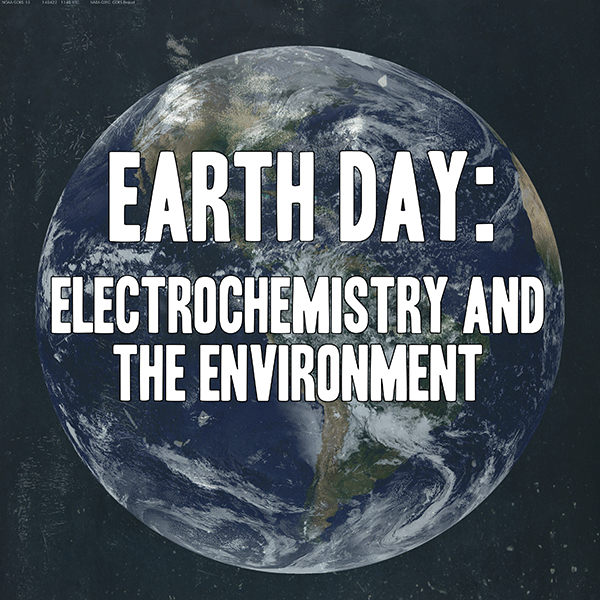Building a sustainable future

Image: NASA
Over 40 years ago, the modern environmental movement was born. Passion and concern drove a small group of twenty-somethings together in a rallying cry to create a more environment-conscious society, establishing what has become known as Earth Day.
The original Earth Day focused on the issues of pollution, but today’s modern Earth Day focuses the pressing global issue of climate change.
Global challenges
Currently, carbon dioxide levels in the air are at their highest in over 650,000 years, the global temperature has risen 1.4°F since 1880, and the sea level nearly 7” over the past 100 years.
While a few people and politicians may sill dismiss climate change, around 200 worldwide scientific organizations now formally hold the position that climate change has been caused by human action. Additionally, nearly 170 countries are preparing to sign the Paris Climate Agreement today, which will put global plans into motion in an effort to tackle the issue of rising temperatures.
The science of renewable energy
Here at ECS, we believe the path to stopping climate change and tackling these issues that are devastating the environment begins with science.
With population growth and industrialization, global energy needs continue to grow. Economic, political, and environmental issues are largely dictated by energy needs.
“We have to look after the plant for our children and our grandchildren,” said M. Stanley Whittingham, ECS member and key figure in the development of lithium-ion batteries. “We have to move the technology forward; not by using more energy, but by using less – and not messing up the environment. As electrochemists, we can do that.”
Electrochemistry and the environment
Electrochemistry and solid state science touch dozens of issues pertaining to sustainability and the environment – from solar cells and wind turbines for renewable energy harvesting, to batteries and fuel cells that provide energy storage options for when the sun goes down or when the wind stops blowing, and even to electric vehicles that can drastically cut the greenhouse gas emission rate from the transportation section (which accounts for over 20 percent of all emissions by sector).
(READ: “PV, EV, and Your Home at Less Than $1 a Gallon“)
“Electrochemistry nowadays is really the key,” said John A. Turner, ECS member and research fellow at the National Renewable Energy Laboratory. “We have fuel cells, we have electrolyzers, and we have batteries. All of the things going on in transportation and storage, it all comes down to electrochemical energy converters.”
A renewable grid
In the United States, the Department of Energy’s recently released the Quadrennial Technology Review, which examines the country’s energy infrastructure and looks for a way to modernize and make it more secure.
(WATCH: Answers for Renewable Energy)
“We’re really looking for a cost effective energy system, security for energy resources, and – even more importantly now than it was a few years ago – environmental security,” said Franklin Orr, U.S. Under Secretary for Science and Energy.
Action on climate change
We believe that ECS’s Free the Science initiative could have serious implications for action on climate change. If we can make the scientific research results and latest finding more widely accessible, we may speed up the scientific discovery process, allowing for the development of cheaper, more efficient renewable energy technologies.
Perhaps a young scientist in the developing world will unlock the key to some perplexing scientific dilemma once we’ve made the latest findings more freely available in an ECS journal. Many of us believe we can accelerate the pace of innovating and help solve critical challenges by opening access to scientific research.
Learn more about Free the Science.

